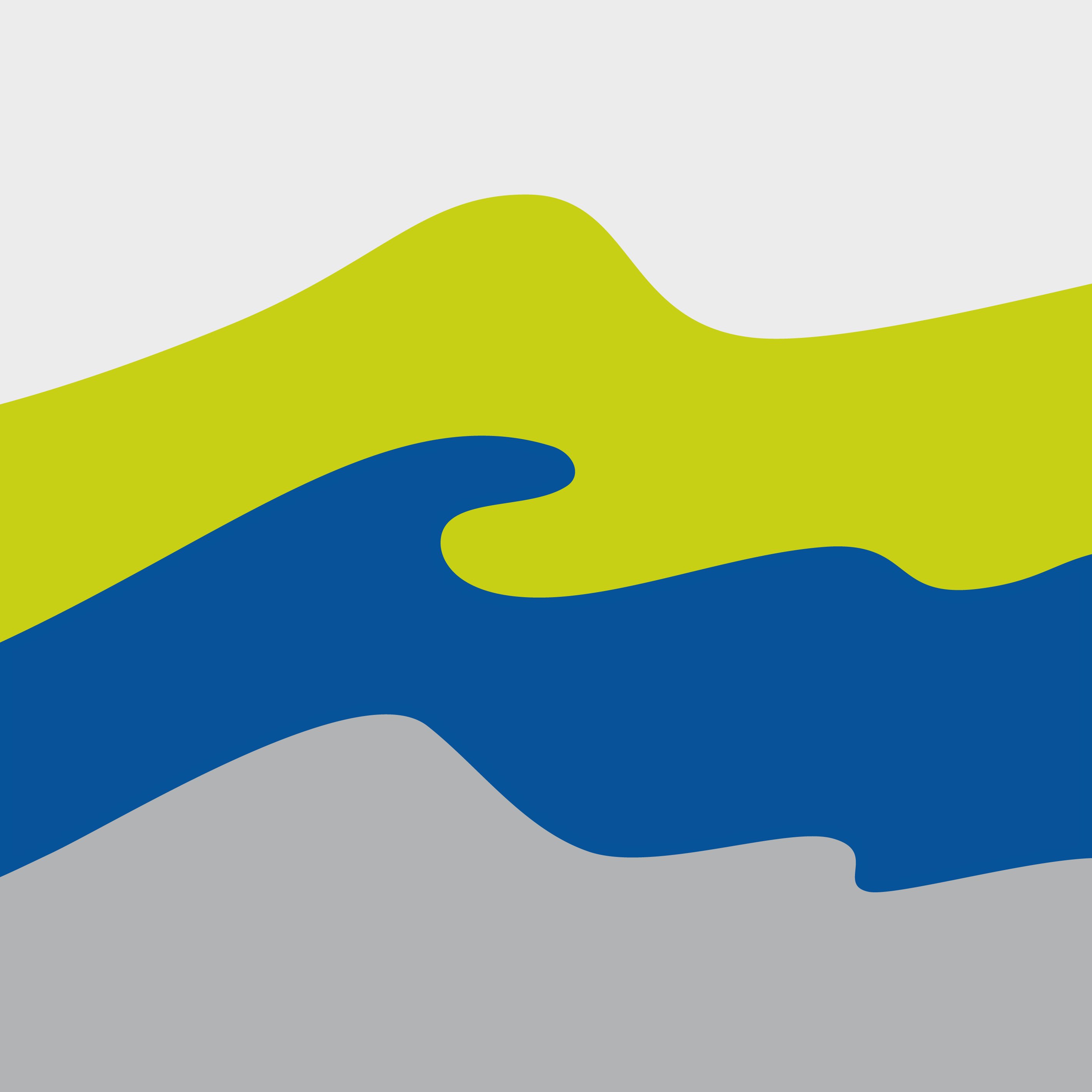Novel farming systems enabling multiple shellfish species culture in open ocean sites
| Led by: | Dr.-Ing. N. Goseberg, Jun.-Prof. Dr.-Ing. A. Hildebrandt |
| Team: | M.Sc. Jannis Landmann |
| Year: | 2017 |
| Funding: | Cawthron Institute, New Zealand |
| Duration: | Apr 2017 - Sep 2021 |
| Is Finished: | yes |
In order to advance New Zealand’s shellfish aquaculture sector, it is required to extend farming into open ocean space as inshore consented space is limiting future growth. However, extending shellfish aquaculture production towards high-energy environments is challenging as existing farming technology lacks durability and cost-effectiveness; it is additionally high in maintenance when exposed to open ocean conditions. Hence, revolutionary concepts for farming shellfish in such environments are required. The research project aims at developing concepts enabling the use of farming technology in high-energy environments; this development process involves all aspects of a design cycle. Ludwig-Franzius-Institute for Hydraulic, Estuarine and Coastal Engineering is contributing scaling and model tests in various facilities to support the project through consulting and conducting model testing of down-scaled concepts. Scale model tests aim at investigating the response and behaviour of conceptual farming alternatives for open ocean conditions; site-specific as well as theoretical conditions can be chosen to test structural response of concepts prior to prototype testing in real world loadings – an advantage in terms of cost and practicality.
In order to support the development of innovative open ocean shellfish farming, drag force and added mass coefficients as well as motion response for greenshell mussel droppers at market size will be estimated with respect to current and wave loads. Furthermore, farming concepts will be tested in 2D conditions as well as in the 3D wave basin. Response of the floating structures will include force response as measured in mooring lines and individual members of the structure, which includes the 6 degrees of freedom motions and accelerations that will be monitored and analyzed to prove the working principles of the farming concepts.
Project Partners
- Ludwig-Franzius-Institute for Hydraulic, Estuarine and Coastal Engineering
- Cawthron Institute
